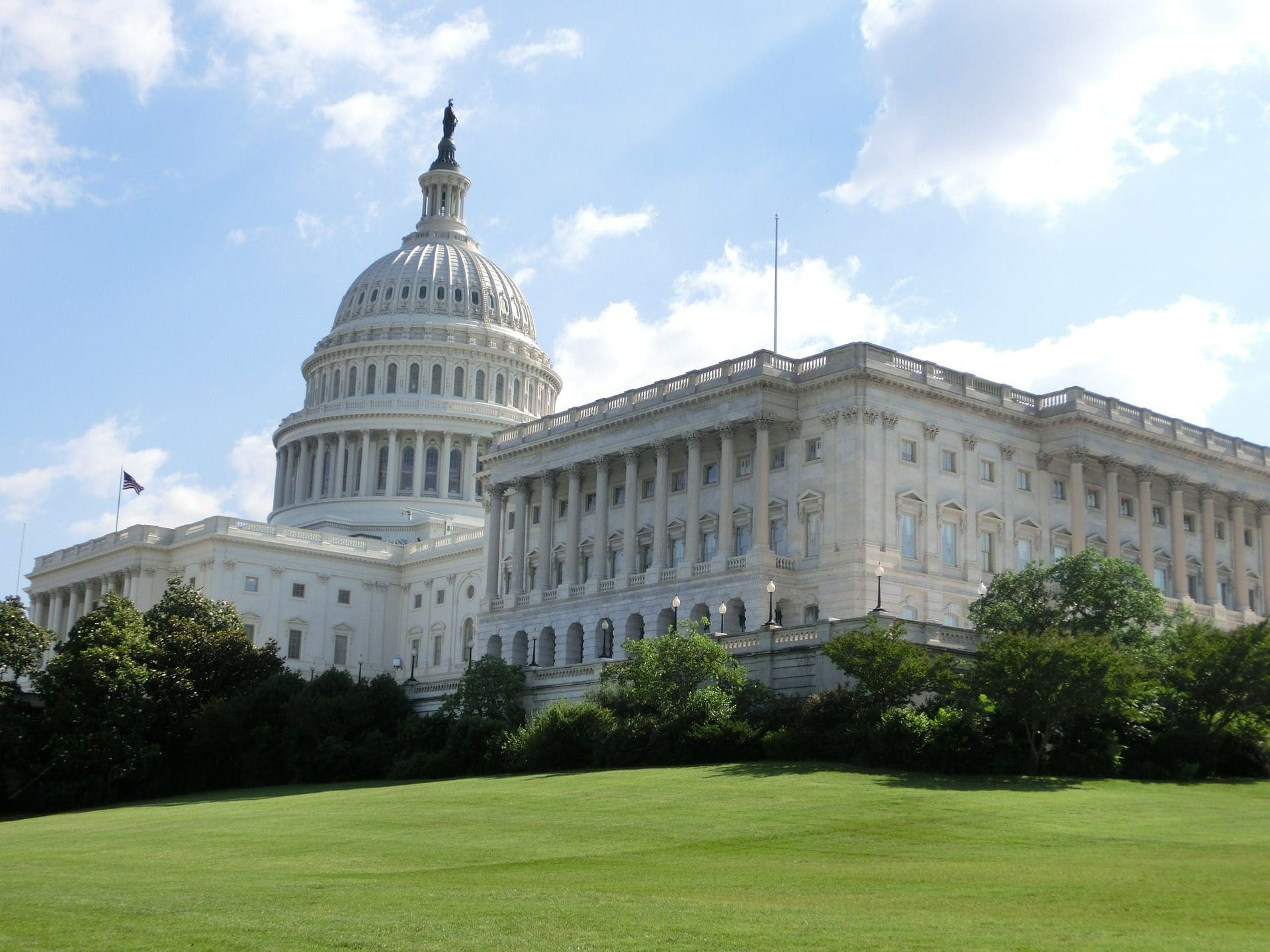For the second time this week, a Republican has come forward to announce a GOP primary challenge to two-term Rep. Tony Gonzales (R-San Antonio).
Last week, the incumbent was censured by the Texas Republican Party for taking certain issue positions relating to gun control, the border, and abortion. The censure occurred because the congressional district delegates believe he eschewed the strongest party position on those particular votes. The action means he cannot receive state party campaign assistance until after he is officially renominated.
The first to declare her intra-party opposition was Medina County Republican Party chair Julie Clark, which is sure to mean strategic attacks coming from the Congressman’s right flank. Two days later, Victor Avila, who was defeated in the Texas Land Commissioner Republican primary last year, also declared his candidacy. In the 2022 statewide election, Mr. Avila finished fifth in a field of eight candidates with just 7.5% of the vote.
Typically, a crowded field splitting the anti-incumbent vote would allow the office holder to win renomination with a plurality. Since Texas is a runoff state, the situation changes.
If a candidate does not receive majority support in the primary election, a runoff between the top two finishers is then held. Often an incumbent forced into a runoff loses the secondary election because a majority of the voters have already voted for someone else. At this point, Rep. Gonzales appears in strong position within the Republican primary electorate.
The Congressman is being targeted even though in 2022 he scored the largest re-election percentage (55.9%) for any 23rd District Republican since former Rep. Henry Bonilla’s 2004 victory. This, after scoring an upset win in 2020 over favored Democrat Gina Ortiz Jones who outspent him by $4.3 million.
Since 2006, when Mr. Bonilla was defeated after serving eight consecutive terms, the district has been in a state of flux. The 23rd has flipped between the parties four times and had five incumbents during the 16-year period.
Not only is the 23rd somewhat unique in that it has elected several Republican candidates while being a majority Hispanic district, but it is one of the nation’s largest land area seats within a multi-district state.
TX-23 begins in its largest population center, the western part of San Antonio, and stretches all the way to El Paso, a trek of more than 550 miles. It also contains more of the US-Mexico border than any other congressional district.
Elections here are almost always close, and plurality victories are common. In the nine elections since 2004, the winning CD-23 candidate has failed to reach the 50% plateau five times.
At this point, no Democratic potential candidate has yet surfaced, but the budding primary challenges will certainly give the state and national party leadership another reason to again target this politically marginal district.
While the seat is now more Republican in the post-redistricting configuration – the FiveThirtyEight organization rates TX-23 as R+13, a substantial improvement over the previous R+5 calculation – the region remains highly competitive. Dave’s Redistricting App calculates a more modest GOP advantage for the new version. This data organization casts TX-23 with a partisan lean of 52.5R – 45.4D. Hispanics account for 60.0% of the district population as compared to a 31.2% Anglo figure.
The Texas primary is scheduled for Super Tuesday, March 5, 2024, with a runoff, if necessary, pegged for May 28th.




